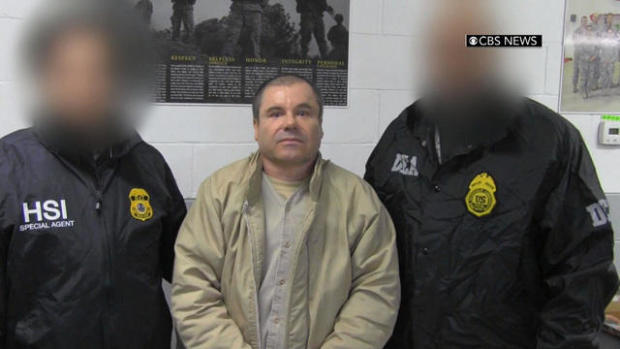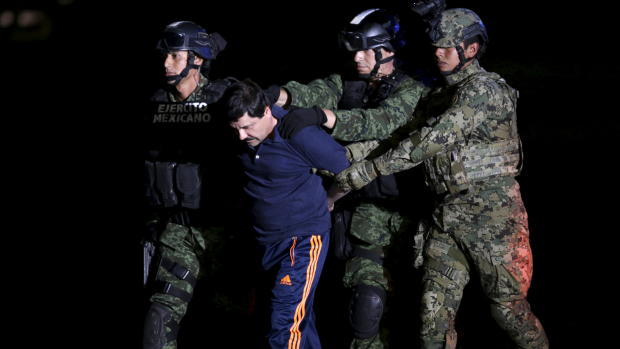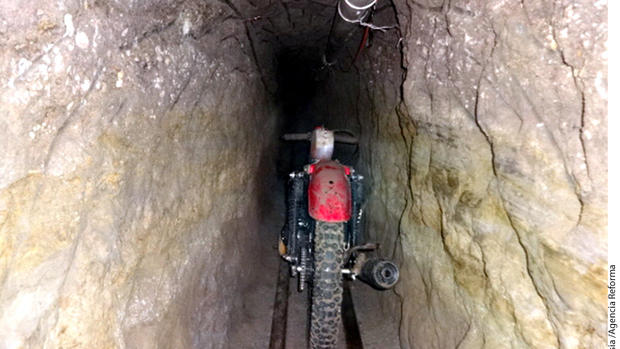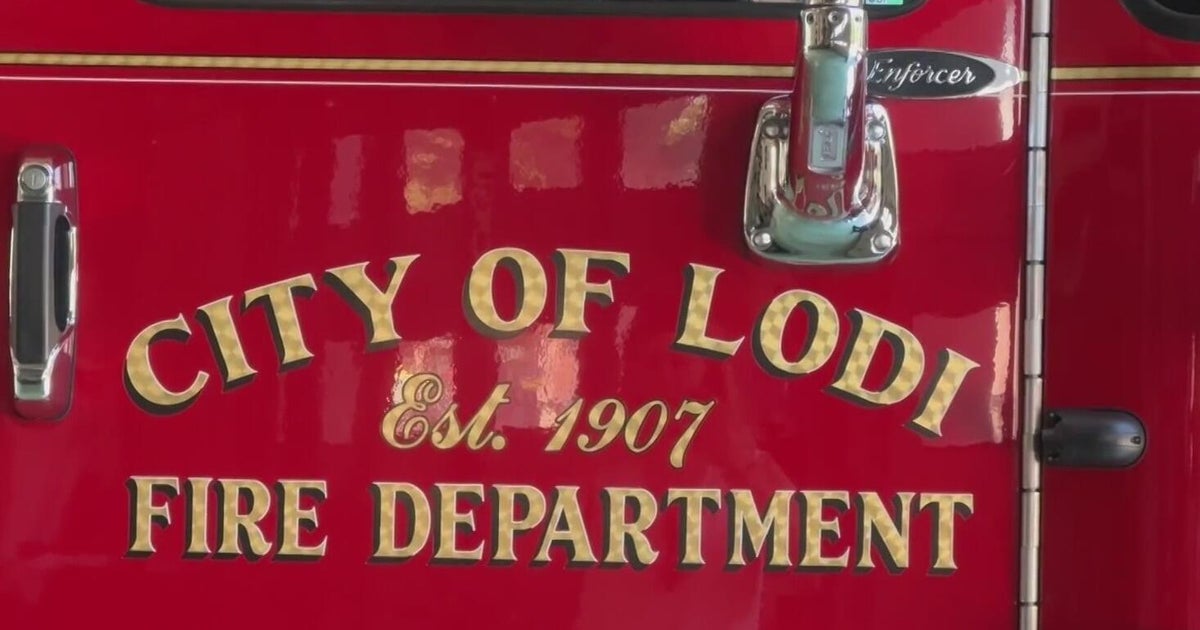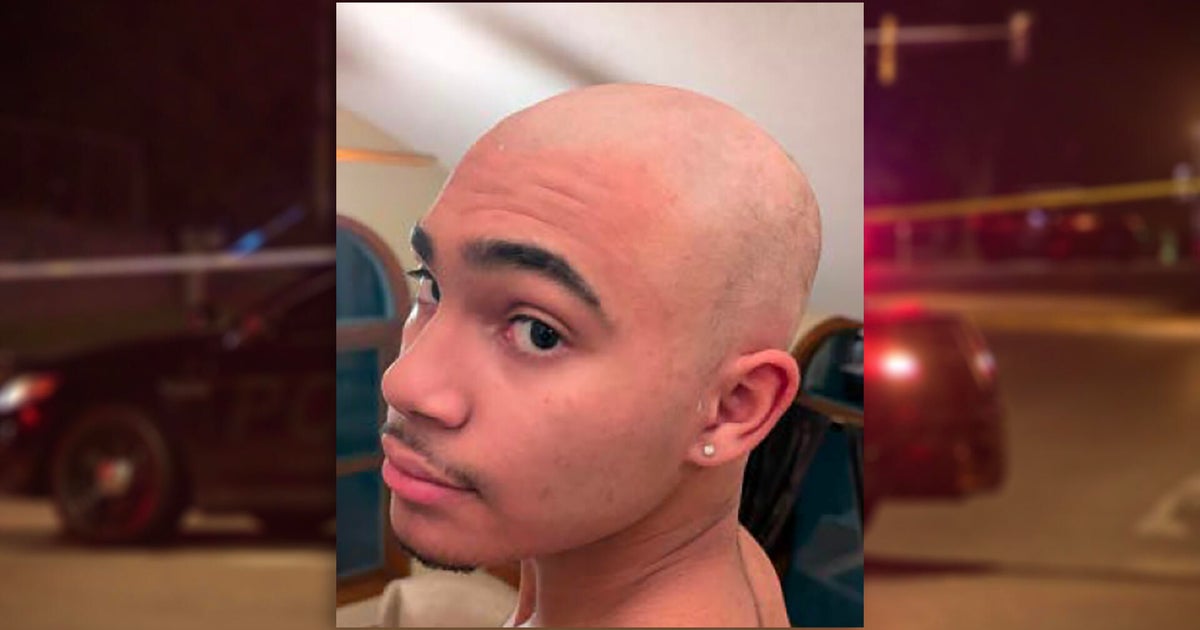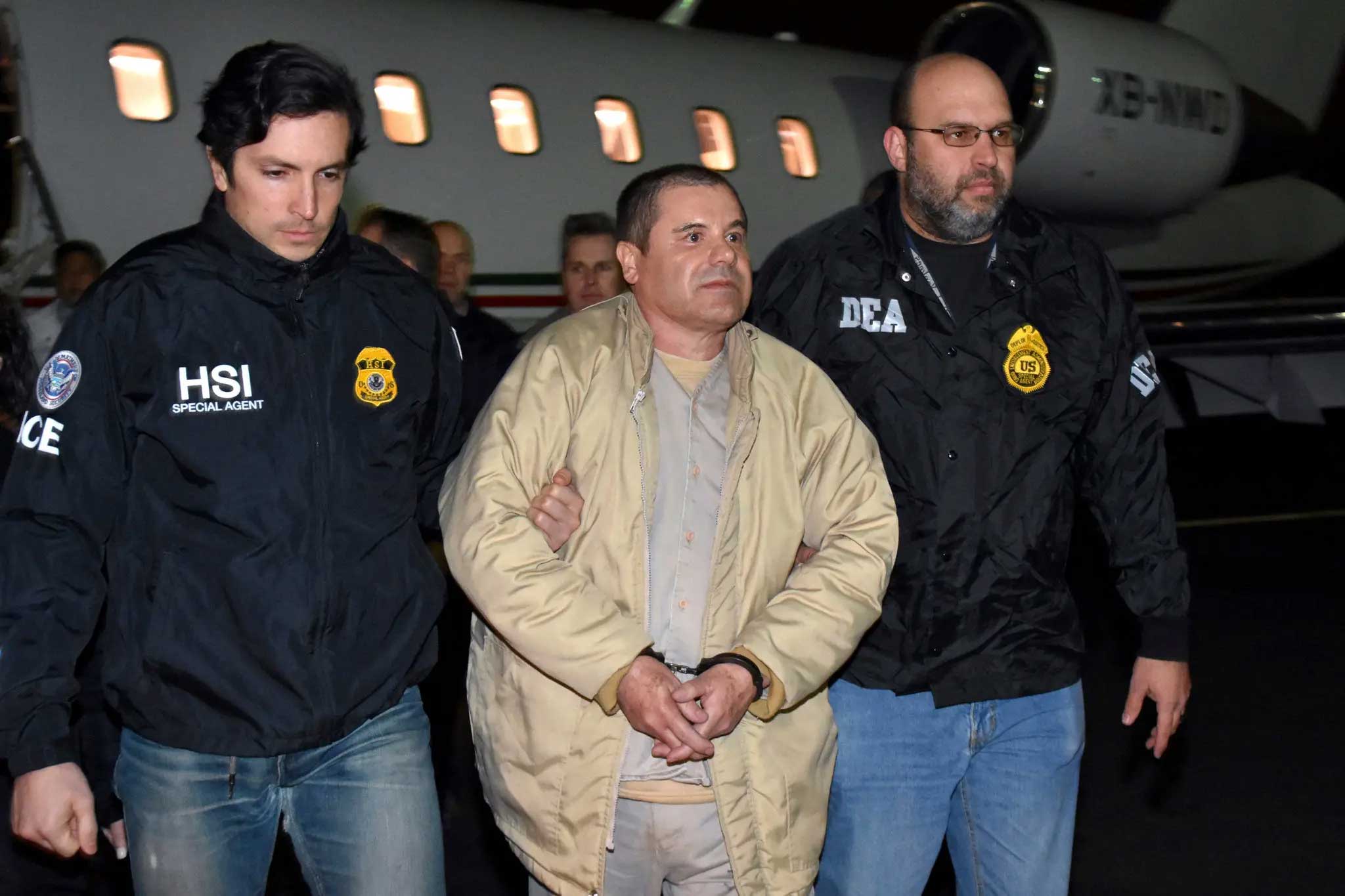"El Chapo" Guzman faces federal judge after extradition to U.S. from Mexico
NEW YORK -- Saying they were bringing the world’s most notorious drug lord to justice, U.S. prosecutors on Friday described Joaquin “El Chapo” Guzman as the murderous architect of a three-decade-long web of violence, corruption and drug addiction and announced they were seeking a $14 billion forfeiture from him.
Extradited Thursday from Mexico, Guzman made an appearance in a New York City courtroom, where a federal public defender entered a not-guilty plea for him.
A hush fell over the Brooklyn courtroom moments before Guzman entered. He looked dazed and wore a dark blue T-shirt, dark blue pants and sneakers. He answered questions through an interpreter standing to his right and said he could understand the judge’s English. No bail was sought.
Prosecutors have sought to bring Guzman to a U.S. court for years while he made brazen prison escapes and spent years on the run in Mexico.
“Today marks a milestone in our pursuit of Chapo Guzman,” said Robert Capers, the U.S. attorney in Brooklyn. “He’s a man known for a life of crime, violence, death and destruction, and now he’ll have to answer for that.”
As boss of the Sinaloa cartel, Guzman presided over a syndicate that shipped tons of heroin and cocaine to the U.S., using tanker trucks, planes with secret landing strips, container ships, speedboats and even submarines, prosecutors said. Perhaps most famously, Guzman’s cartel built elaborate tunnels under the U.S. border to transport drugs, said Wifredo Ferrer, the U.S. attorney in Miami.
The cartel made billions of dollars in profits - hence prosecutors’ bid for a $14 billion forfeiture - and employed hit men who carried out murders, kidnappings and acts of torture, according to prosecutors. The Sinaloa smugglers also helped fuel an epidemic of drug abuse in the U.S. in the 1980s and ‘90s, the prosecutors said.
Guzman’s lawyers in Mexico called his extradition, which he had fought, a political move to distract from gasoline protests there.
The Drug Enforcement Administration flew him to New York from the Mexican border city of Ciudad Juarez on Thursday - hours before the inauguration of President Trump, who has criticized Mexico for sending the U.S. “criminals and rapists” and vowed to build a wall at the Mexican border.
When Guzman got off the plane, “as you looked into his eyes, you could see the surprise, you could see the shock, and to a certain extent, you could see the fear, as the realization kicked in that he’s about to face American justice,” said Angel Melendez, who leads U.S. Immigration and Customs Enforcement’s Homeland Security Investigations in New York.
The U.S. has been trying to obtain custody of Guzman since he was first indicted in California in the early 1990s. Now in his late 50s, he faces the possibility of life in a U.S. prison. Prosecutors had to agree to not seek the death penalty as a condition of the extradition.
While he faces federal charges in several U.S. states, federal prosecutors in Brooklyn won the jockeying to get the case. The U.S. attorney’s office there has substantial experience prosecuting international drug cartel cases and was once led by outgoing U.S. Attorney General Loretta Lynch.
Guzman was recaptured a year ago in Mexico after escaping from a maximum-security prison for a second time. The episode was highly embarrassing for President Enrique Pena Nieto’s government, and Mexican officials were seen as eager to hand him off to the U.S.
U.S. officials said they didn’t learn until Thursday that Mexico was extraditing Guzman. Thanking the Mexican government for its work, prosecutors refused to comment on whether politics played a role.
In Mexico, Deputy Attorney General Alberto Elias Beltran said the timing was due to a court ruling against Guzman’s appeal, not to politics. But many considered the timing to have been carefully planned, and observers differed on whether Guzman’s extradition was a final-hour salute to outgoing President Obama or a gesture of obeisance to the incoming Mr. Trump.
“There is no coincidence here,” Peter Vincent, former Homeland Security general counsel, told CBS News. “’El Chapo’ Guzman was extradited by the government of Mexico on the last full day of President Obama’s tenure in the White House to send a very strong message of thanks to the president for working so hard over the past few years on this particular issue.”
After breaking out of prison the first time in 2001, Guzman spent more than a decade at large, becoming something of a folk legend among some Mexicans for his defiance of authorities. He was immortalized in ballads known as “narco-corridos.”
Captured in 2014, Guzman then made an even more audacious escape, coolly stepping into a hole in the floor of his prison cell shower and whizzing to freedom on a motorcycle modified to run on tracks laid the length of the tunnel.
While on the run, he secretly met with actors Sean Penn and Kate del Castillo in a fall 2015 encounter that Penn later chronicled in Rolling Stone magazine.
In Penn’s article, Guzman was unapologetic about his criminal activities, saying he had turned to drug trafficking at age 15 because it was “the only way to have money to buy food, to survive.”
The piece was published shortly after Mexican marines rearrested Guzman in a January 2016 shootout that killed five of his associates and wounded one marine.
